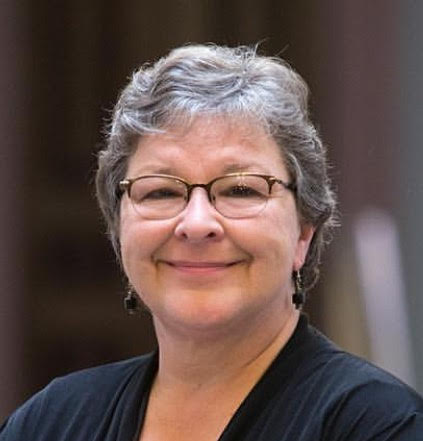Karen Diver recently joined the University of Minnesota as the Senior Advisor to the President for Native American Affairs — an inaugural position focused on building relationships and beginning to acknowledge the historic injustices against Native Americans in Minnesota.
In her new role, Diver will advise President Joan Gabel on how to better position the University to acknowledge past and current injustices and maintain relationships with the tribal nations in Minnesota. Since joining the University earlier this summer, Diver said she has focused on getting up to speed on the status of the University.
“This is bigger than one position or two positions, this is really about shifting the mindset and trying to be an adjusted and equitable organization,” Diver said. “We are a public university, but are we actually representing the public?”
In recent years, University leadership has aimed to better acknowledge its obligations to tribal nations and status as a land-grant institution, whereby the federal government gave tribal lands ceded by Native Americans — often as a result of U.S. violence — to universities as a grant. This new focus and commitment is outlined in the University’s MPACT 2025 Strategic Plan and is also the focus of several active initiatives and grants.
However, Native American organizations, like the Minnesota Indian Affairs Council (MIAC), and some students have called on the University to take further action to acknowledge past injustices. According to recent reporting by the Star Tribune, Native American students at University of Minnesota-Morris have gathered more than 4,000 signatures on a petition to start a search for the presence of unmarked graves on campus after the discovery of mass graves in Canada at the sites of former boarding schools.
Additionally, MIAC sent a resolution to the University last year with a list of requests, such as the expansion of the tuition waiver for Native American students enrolled at the Morris campus to include the rest of the University.
Shannon Geshick, executive director at MIAC, said the creation of this new position at the University and the appointment of Diver is an effective step forward for the University to acknowledge injustices and align with the requests outlined in the resolution.
“I believe that the University is making an effort to address the huge benefits they receive(d) as a land grant institution off the detriment of native indigenous tribes and people, by creating position’s such as Karen Diver’s,” Geshick said in an email to the Minnesota Daily. “It is essential that the U hear the voices, needs, concerns, etc of its Native student body, the tribal nations and tribal community …”
Diver, who is part of the Fond Du Lac tribe, is currently residing near Cloquet, Minnesota and will be working for the University virtually. Diver came to the University from the University of Arizona, where she occupied a similar position as the director of Business Development for the Native American Advancement Initiatives.
Diver will be working internally on making the University more accessible for Native American students, along with maintaining relationships with tribal nations. Gesick said she hopes Diver will further advance work on the Minnesota Transform initiative that started earlier this year. The initiative is funded by a $5 million grant and includes several action items like the creation of a historical report that analyzes the University’s relationship with Minnesota’s tribal nations.
“Karen is a dynamic, fearless, but at the same time diplomatic leader,” said Tadd Johnson, the senior director for American Indian Tribal Nations Relations at the University, who will be working closely with Diver on many projects and goals. These areas include facilitating the development of academic programs on American Indian issues and convening regular meetings between University leadership and Native American leaders. Johnson’s role focuses on communication between the University and tribal nations.
“What we need at the University is a change agent, and somebody who could work at the highest level. Diver will be working at the cabinet level and that is right where she belongs,” Johnson said.
Diver said she believes the University created her role because the two positions would make a successful partnership at the University.
“I’m excited to be of service to Minnesota’s tribal communities. I believe that educational attainment is one of the keys to healthy communities and for personally self-sufficient and self-determined citizens,” Diver said. “The number of Native Americans that attain degrees from higher education is not equivalent to the white population or the Black population, so we really have work to do.”
Johnson said he believes additional internal and external education for University professors, and students, on past and current injustices affecting Native Americans in Minnesota is needed to improve the University’s relationship with tribal nations. He said he cannot think of a better person to lead this new movement at the University and assist Gabel, than Diver.
Gesick echoed this praise of Diver and cited her previous experiences, which include serving for the Obama administration as an advisor for Native American Affairs and her status as the elected tribal chairwoman of the Fond du Lac nation.
“She is like a superstar in the American Indian world,” Johnson said. “It’s a distinct honor to be working for President Gabel and for Karen Diver. I think these are two strong women who have a lot in common and it’s going to make for a great University.”




















Rusty
Aug 5, 2021 at 2:18 pm
She should Demand the “Treaties” be Cancelled. Then watch her lose her job and go on the Black List.